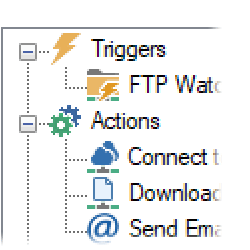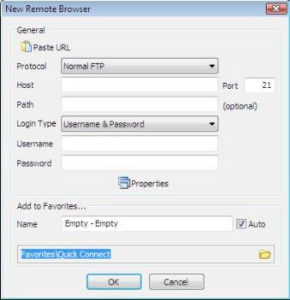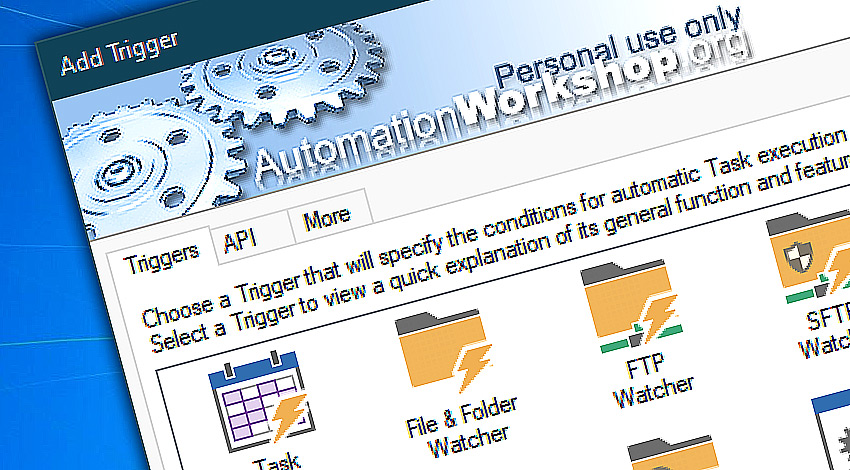

QStringList QFileSystemWatcher:: removePaths(const QStringList & paths) Reasons for watch removal failing are generally system-dependent, but may be due to the path having already been deleted, for example. If the watch is successfully removed, true is returned. Removes the specified path from the file system watcher. bool QFileSystemWatcher:: removePath(const QString & path) Returns a list of paths to files that are being watched. QStringList QFileSystemWatcher:: files() const Returns a list of paths to directories that are being watched. QStringList QFileSystemWatcher:: directories() const If this limit has been reached, the excess paths will not be monitored, and they will be added to the returned QStringList. Note: There may be a system dependent limit to the number of files and directories that can be monitored simultaneously. Reasons for a watch failure are generally system-dependent, but may include the resource not existing, access failures, or the total watch count limit, if the platform has one. If the watch was successful, true is returned. If path specifies a directory, the director圜hanged() signal will be emitted when path is modified or removed from disk otherwise the fileChanged() signal is emitted when path is modified, renamed or removed. The path is not added if it does not exist, or if it is already being monitored by the file system watcher. bool QFileSystemWatcher:: addPath(const QString & path)Īdds path to the file system watcher if path exists. QFileSystemWatcher:: ~QFileSystemWatcher()ĭestroys the file system watcher. If it returns false, check whether the file still exists and then call addPath() to continue watching it. In your slot function, you can check watcher.files().contains(path). Note: As a safety measure, many applications save an open file by writing a new file and then deleting the old one. This signal is emitted when the file at the specified path is modified, renamed or removed from disk. void QFileSystemWatcher:: fileChanged(const QString & path)

It can be used in signal connections but cannot be emitted by the user. However, the last change in the sequence of changes will always generate this signal. Note that if there are several changes during a short period of time, some of the changes might not emit this signal. This signal is emitted when the directory at a specified path is modified (e.g., when a file is added or deleted) or removed from disk. void QFileSystemWatcher:: director圜hanged(const QString & path)

QFileSystemWatcher:: QFileSystemWatcher( QObject * parent = nullptr)Ĭonstructs a new file system watcher object with the given parent. Member Function Documentation QFileSystemWatcher:: QFileSystemWatcher(const QStringList & paths, QObject * parent = nullptr)Ĭonstructs a new file system watcher object with the given parent which monitors the specified paths list. macOS uses a different backend and does not suffer from this issue. Also note that your process may have other file descriptors open in addition to the ones for files being monitored, and these other open descriptors also count in the total. This means that addPath() and addPaths() will fail if your process tries to add more than 256 files or directories to the file system monitor. Some system limits the number of open file descriptors to 256 by default. On all BSD variants, for example, an open file descriptor is required for each monitored file. This implies there is a limit to the number of files and directories your process can monitor simultaneously.

Existing paths can be removed by using the removePath() and removePaths() functions. Multiple paths can be added using the addPaths() function. QFileSystemWatcher monitors the file system for changes to files and directories by watching a list of specified paths.Ĭall addPath() to watch a particular file or directory.


 0 kommentar(er)
0 kommentar(er)
